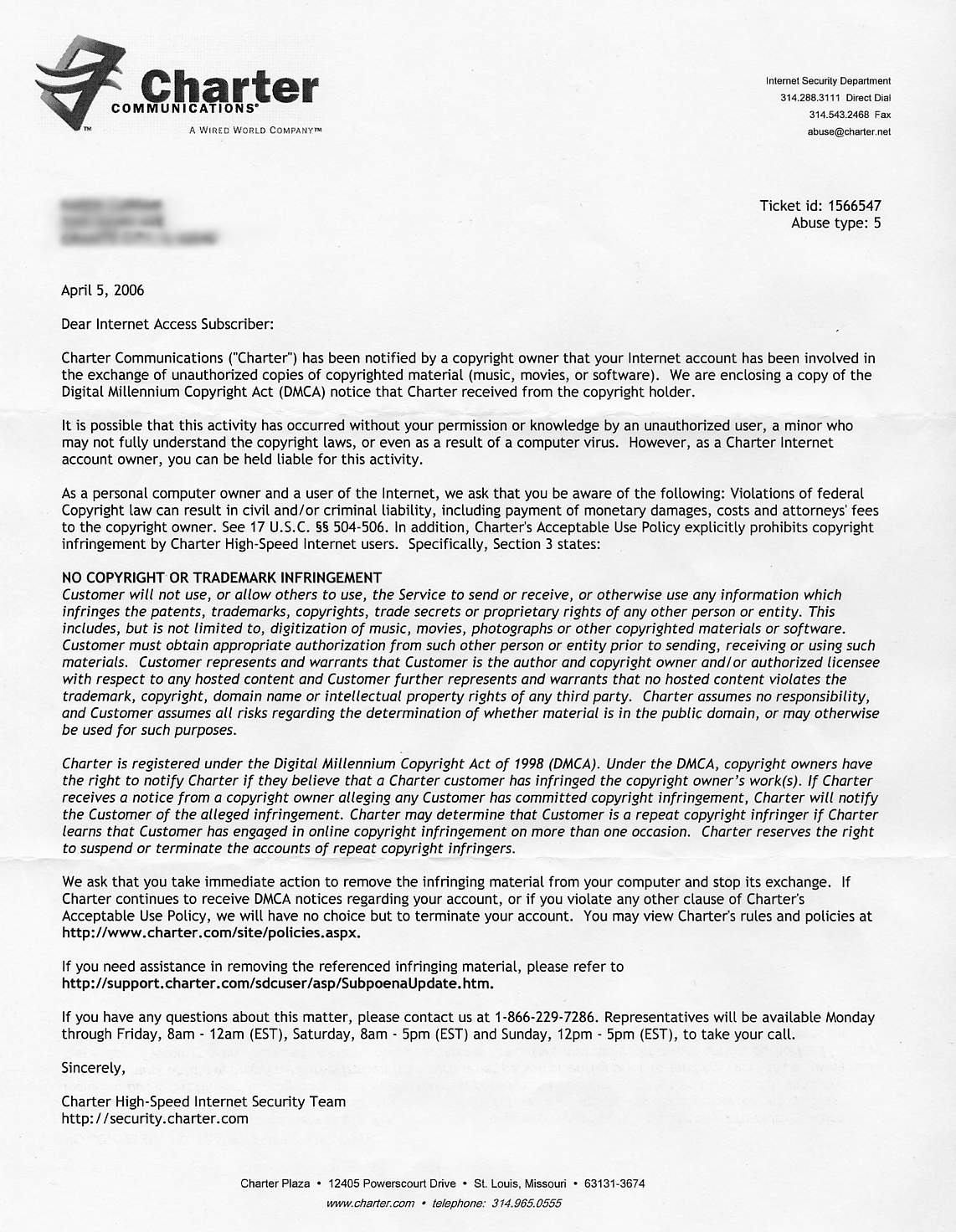Cost Of Illegal Downloading Sites For Music
Home Information Technology Service Desk >Illegal Downloading & File Sharing. No one at Webster has ever been caught for downloading music or movies illegally. In 2010 it was established that 7.7 million people had downloaded music illegally and that this had cost the industry approximately £219 million. Given that these figures are from a year ago (due to the fact that information is gathered annually) and the number of people obtaining music in this way will have undoubtedly increased throughout 2011, these.
Internet piracy: the coalition has told rights holders they must bear financial cost of pursuing illegal downloaders. Photograph: Martin Ruetschi/Keystone/Corbis The. Spyro The Dragon Ps2 Iso Downloads.
When we want new music, there's a strong temptation to get it for free through file sharing, ripping it from our friends, or downloading it illegally. So perhaps it shouldn't surprise us that four out of five digital music downloads are illegal, according to the Recording Industry Association of America.

In today's struggling economy, it's tempting to cut costs where we can, and easy to think the practice doesn't have any negative consequences. The problem is, when you steal music, you aren't just hurting music executives, who are often stereotyped as greedy, rich businessmen exploiting the creativity of the musicians you love. You're also hurting the musicians -- and maybe yourself, too. The wide prevalence of music theft is changing the musical marketplace for the worse, reducing the incentive for musicians and labels to develop and finance new projects. A Hostile Market for Musicians Emily White, an intern at NPR's All Songs Considered blog, recently that she has some 11,000 songs in her music library, though she's paid for just 15 CDs' worth. She says, 'I honestly don't think my peers and I will ever pay for albums. I do think we will pay for convenience.'

But as musician and University of Georgia instructor David Lowery points out in his to Emily, this behavior hurts musicians, who earn an average of about $35,000 per year and get no benefits. Crash 1996 Uncut Download Movies. Sponsored Links As Lowery notes, most record contracts include provisions for both royalties and advances to artists. Advances are paid before the release of a recording.
If the album or songs bring in enough sales, the record companies recoup the money paid out in the advance. If not, they write off the loss. As music sales decrease, record companies will offer fewer (and lower) advances to minimize their risk of financial losses. Royalties are paid to artists for each song purchase. When we steal an artist's work, neither the record company nor the artist receives compensation. Dusty Springfield In Memphis Rar. Lowery asks us to imagine a neighborhood that is loaded with record stores but lacks a police force. Many people steal from these record stores, because they know they will rarely be punished for their crimes.
Record stores allow this behavior, because they can gain a profit from selling ad space on their walls, and can eliminate expenses associated with paying musicians for their work. The record stores in this fable, says Lowery, correspond to illegal downloading sites like The Pirate Bay and Kim Dotcom's Megaupload, which make money from selling ad space through companies like Google (), which also makes a profit from this shady behavior. Everybody gets paid -- except those who created the music. But the negative effects don't end there, says Lowery. Consumer behavior in this unpoliced neighborhood shapes the decision-making processes of legitimate businesses such as Spotify that follow the law. Spotify has faced endless complaints about how little it pays artists. So how do illegal downloads alter the behavior of businesses like Spotify?